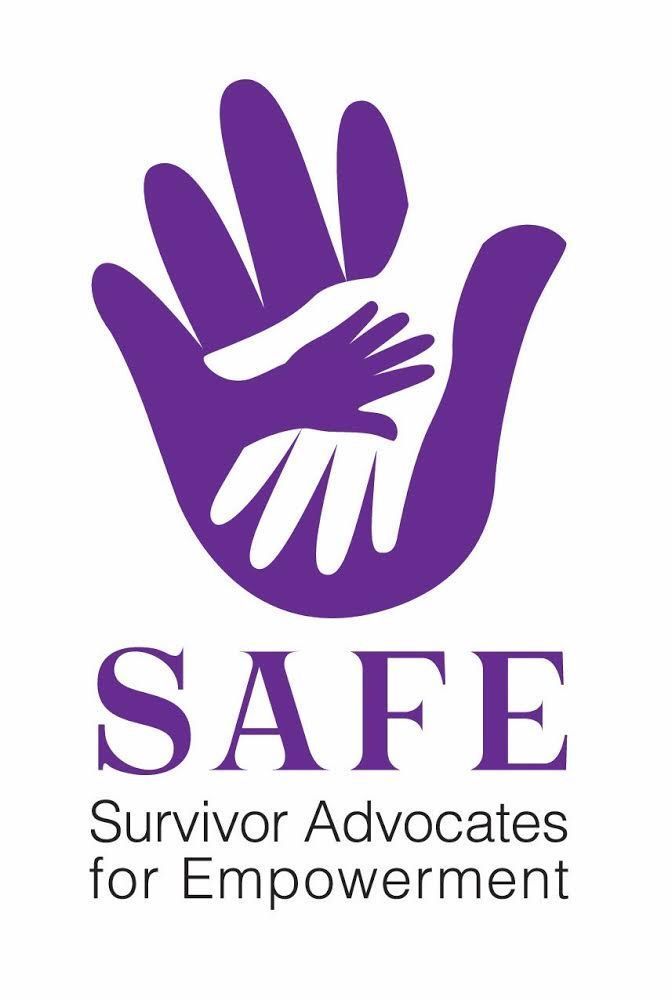By Survivors, For Survivors
Supporting survivors of gender-based violence through recovery and beyond.
Resources
Resources
You Can Help A Friend or Family Member Experiencing Gender-Based Violence

7 Ways You Can Help A Friend or Family Member Experiencing Gender-Based Violence:
- Listen patiently without judgment.
- Believe them.
- Validate their feelings.
- Be patient and keep constant communication.
- Encourage them to build a support network of family & friends.
- Help them make a safety plan.
- Don't give up on them.
What makes an experience traumatizing is whether or not a person's brain is able to process it and consolidate it into a stable long-term memory that has a clear beginning, middle and end of the event.

Let's take a look at the four categories of trauma:
- Single Incident Trauma - Big T.
- Single Incident Trauma - Little t.
- Complex Trauma - Big T.
- Complex Trauma - Little t.
Taking care of oneself is essential for overall well-being.

Self-care is not selfish—it’s necessary for maintaining a balanced and fulfilling life.
Download our 12 steps to consider for your own self care.
Plan for your safety, especially if you are in an abusive relationship.

It's important to make a plan to keep you and your children safe.
Ask someone you trust to help you, or contact local services. Even if you're not planning to leave the relationship, a safety plan can help if the abuse gets worse. You may need to leave in a hurry. Take actions that make sense for you and are safe for you and your children.
5 steps to make your safety plan:
Clare's Law - The right to know if your partner has an abusive past.

Under Clare’s Law, you have the right to:
- Make an application to the police requesting information about your current or ex-partner, because you are worried they may have been abusive in the past and believe they may pose a risk to you in future.
- Request information from the police about the current or ex-partner of a close friend, neighbour or family member, because you are concerned that they might be at risk of domestic abuse in future.

